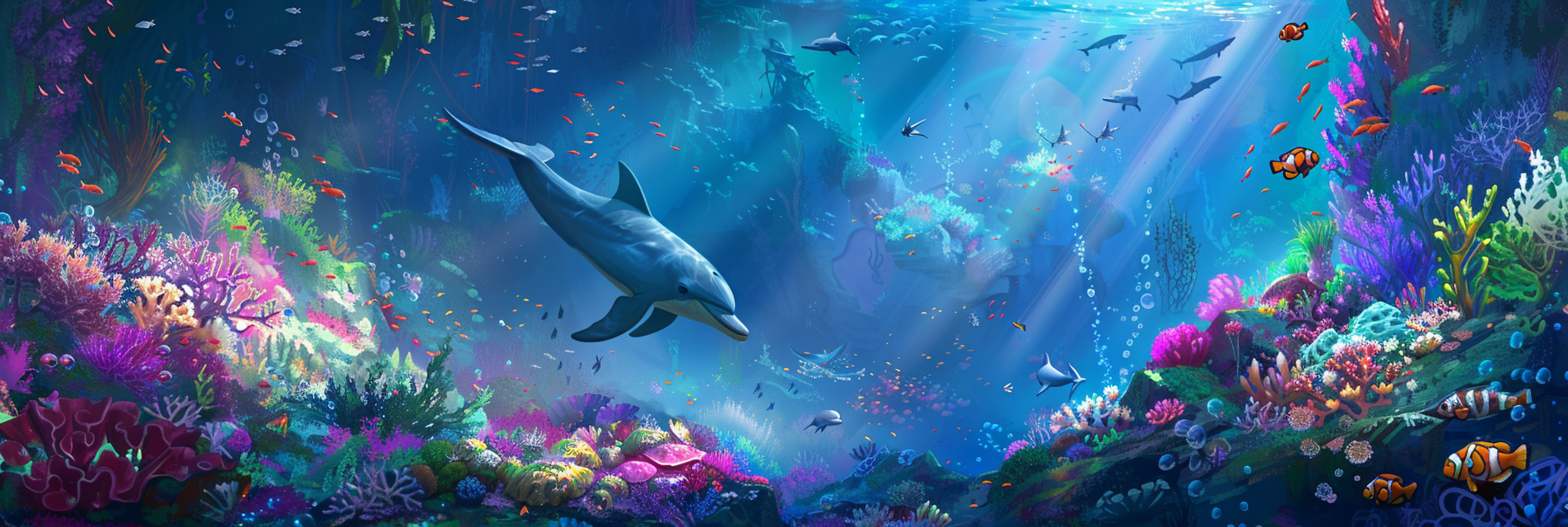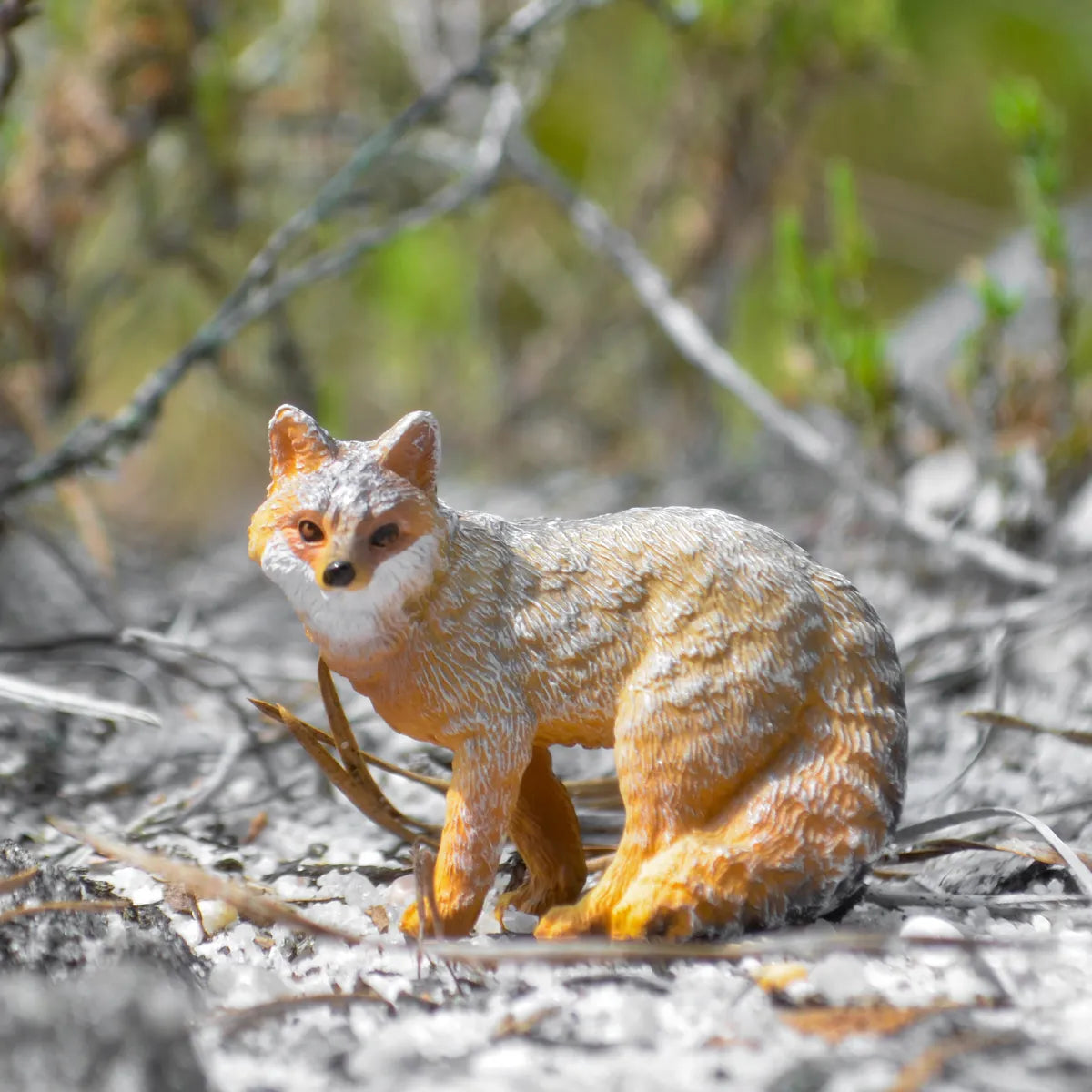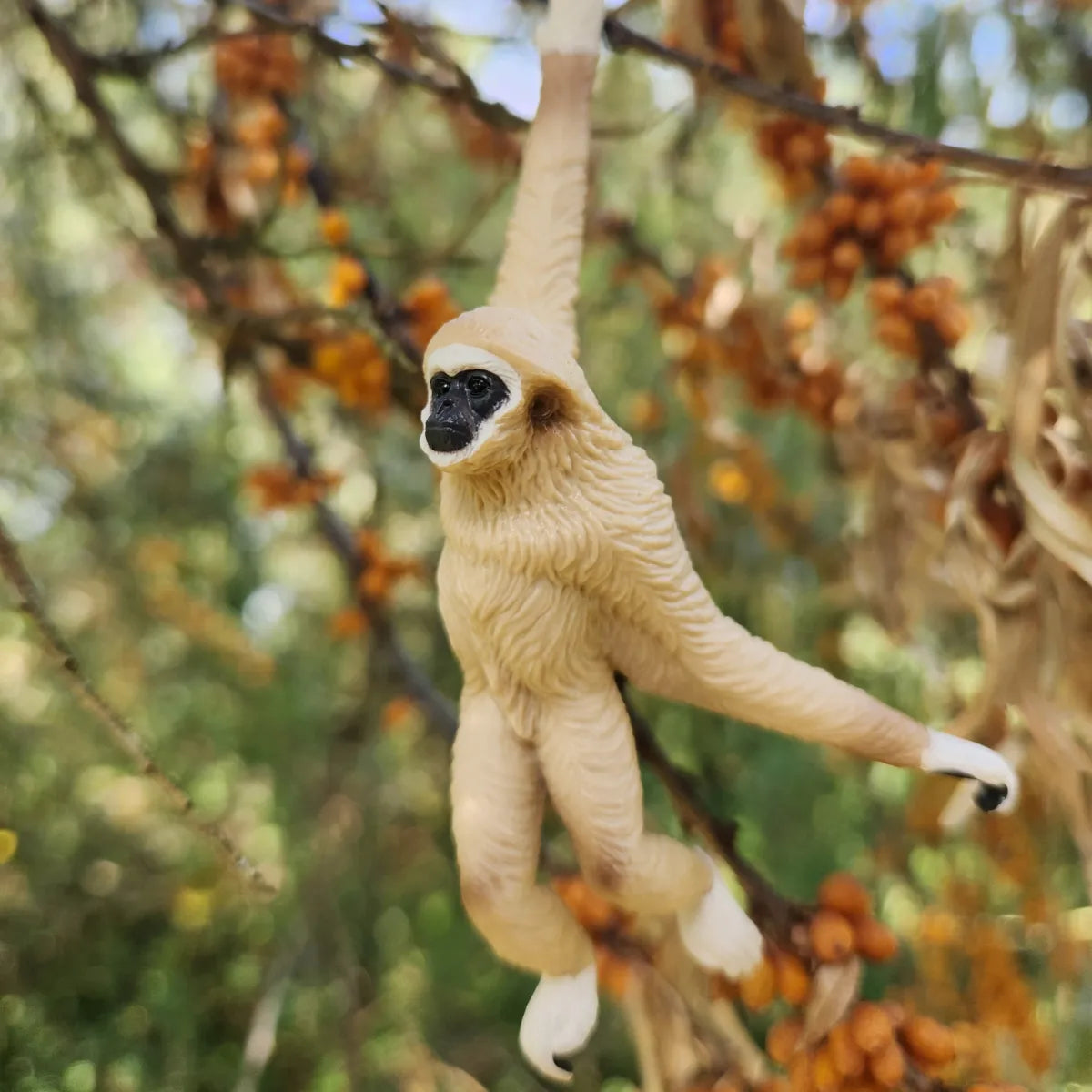
Octopus
The Octopus is a highly intelligent and flexible cephalopod known for its eight arms, ability to change color and texture, and skills in camouflage and escape. They inhabit various marine environments worldwide.
Scientific Name
Octopoda
Behavior
Octopuses are highly intelligent and adaptable cephalopods known for their problem-solving skills, ability to escape predators, and sometimes remarkable use of tools. They are solitary predators that feed mainly at night, preying on a variety of marine species including crustaceans, mollusks, and fish. Octopuses have an array of defensive tactics including the release of ink, camouflage, and the ability to autotomize their limbs.
Breeding
Octopuses are semelparous, meaning they reproduce once and then die. After mating, the female lays thousands of eggs, which she fervently guards and cleans until they hatch, foregoing food. After the eggs hatch, the female's lifecycle ends. The male dies a few months after mating.
Characteristics
Octopuses are known for their eight arms, each lined with suction cups, and a soft, saccular body that can drastically change shape. This allows them to squeeze through tight spaces, making them adept at escaping predators and hunting in crevices. They possess three hearts and blue blood, and their skin can change color and texture to communicate and blend into their environment.
History
Octopuses have fascinated humans for centuries, appearing in mythology and maritime stories as monsters of the deep. Scientific interest in their behavior and neurobiology has grown due to their display of intelligence, including the use of tools, problem-solving abilities, and complex behaviors.
Current Status
The conservation status of octopuses varies widely with the species. Most octopus species are not considered endangered, partly because their short lifespans and rapid reproductive cycles help maintain their populations. However, specific habitats and populations may be vulnerable to overfishing, habitat destruction, and climate change. There is ongoing research into the effects of environmental changes on octopus populations, with a focus on sustainable fishing practices and habitat protection.




